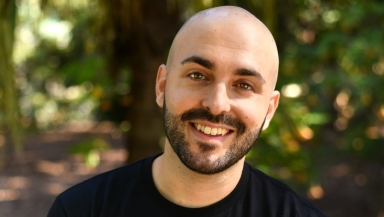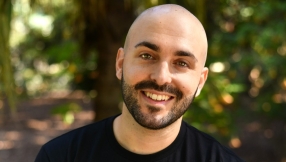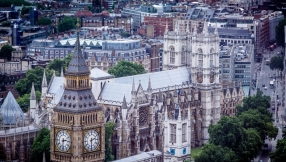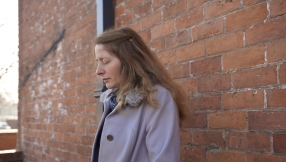
Christians are being asked to pray following the 12th and likely final hearing in the controversial trial of Matthew Grech in Malta.
The Christian Legal Centre, a sister organisation of Christian Concern, has been supporting Grech’s legal defence in the case.
Grech, a Maltese Christian and former finalist on the X Factor Malta TV show, is being prosecuted for allegedly advertising ‘conversion practices’ after appearing in a 2022 interview on PMnews Malta.
In the programme, he shared his personal story of leaving behind a homosexual lifestyle and embracing evangelical Christianity.
The interview, advertised on PMnews Malta’s Facebook page, featured Grech discussing his beliefs on sexuality from a biblical perspective but did not include any direct offer of therapy.
Nonetheless, he and the show's presenters were charged under Article 3 of Malta’s Affirmation of Sexual Orientation, Gender and Gender Expression Act.
The final oral submissions concluded last week in what is believed to be the world’s first criminal prosecution of its kind. The final verdict is expected in October.
Christian Concern is asking supporters to intercede for Grech, who faces a possible five-month prison sentence and a €5,000 fine under Malta’s ban on so-called 'conversion practices'.
“Pray justice is done and that Matthew wouldn't be imprisoned for sharing his ex-gay testimony and the truth that counselling can help people,” the post read.
Following the hearing, Grech expressed heartfelt gratitude on Instagram: “I am very grateful for my lawyer’s outstanding delivery: Dr. Jeanise Dalli. I want to thank lawyer Dr. Joseph Bugeja for accompanying her on the day. Thank you Dr. Michael Phillips for flying over from the UK in support of our case. “Thank you to all of you who were present in body or spirit. Your support is seen and felt. The final verdict is expected to be given on October 29th, 2025.“My heart is steadfast, trusting in the Lord’s perfect plan. He is the Commander of the Army!”
Grech denies any wrongdoing, stating prior to his trial: “I’m in a criminal court for essentially sharing the hope of my Christian faith and what Christians believe. My Christian journey of transformation, from being a practising homosexual interested in the occult and wanting to be a reiki master, to becoming a committed evangelical Christian, is one that should be told without fear of being criminalised.”
Dr Mike Davidson, Chair of the International Foundation for Therapeutic and Counselling Choice (IFTCC), provided expert testimony during the trial.
Dr Davidson, who is also ex-gay, criticised the Maltese prosecution as a violation of free speech and therapeutic rights, arguing that individuals who no longer identify as LGBT must retain the right to seek professional support in alignment with their values.
He said: “In what is probably a test case, the freedoms of speech, conscience and religion are being attacked. The fact is that therapeutic and counselling choice is a fundamental right
“Governments promoting monocultural viewpoints— this idea that sexual orientation is inborn and unchangeable, and that gender is unrelated to biological sex – are denying those unwilling to identify as LGBT the right to leave identities and practices no longer relevant to them. This is a human rights issue.
"Without ideological diversity in any life issue, democracy is denied checks and balances and descends to totalitarianism."
The Christian Legal Centre’s Chief Executive, Andrea Williams, has called the prosecution a “flagrant attempt” to criminalise Christian testimony.
“To deny that Matthew and others can change is discriminatory and violates their Christian freedoms and fundamental human right to free speech,” she said, warning that a conviction could set a precedent with global implications for freedom of speech, press, and religious expression.
Since Malta became the first EU country to outlaw ‘conversion therapy’ in 2016, critics of the legislation have raised concerns over the law’s vague definitions.
Observers fear that similar cases could emerge in the UK and other countries if protections for religious expression and personal testimony are not upheld.













